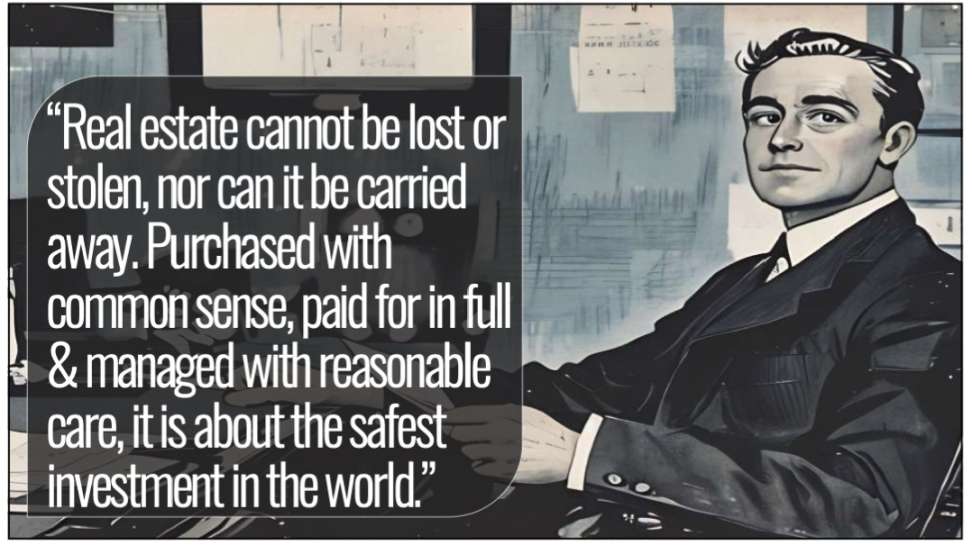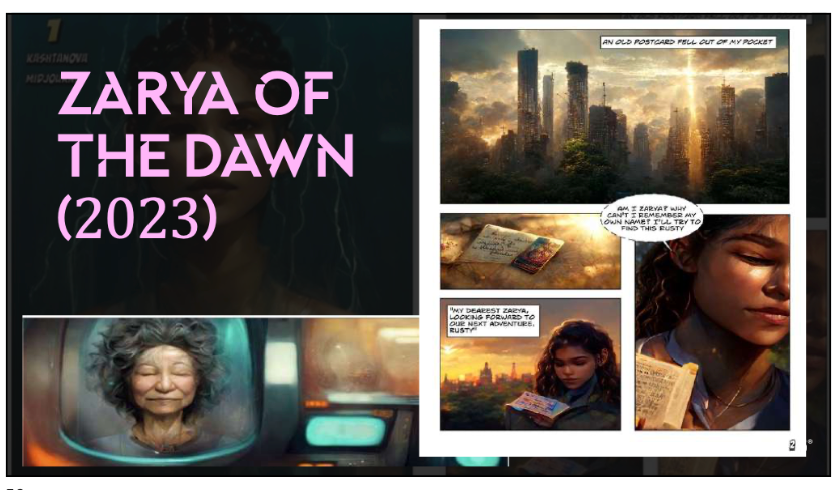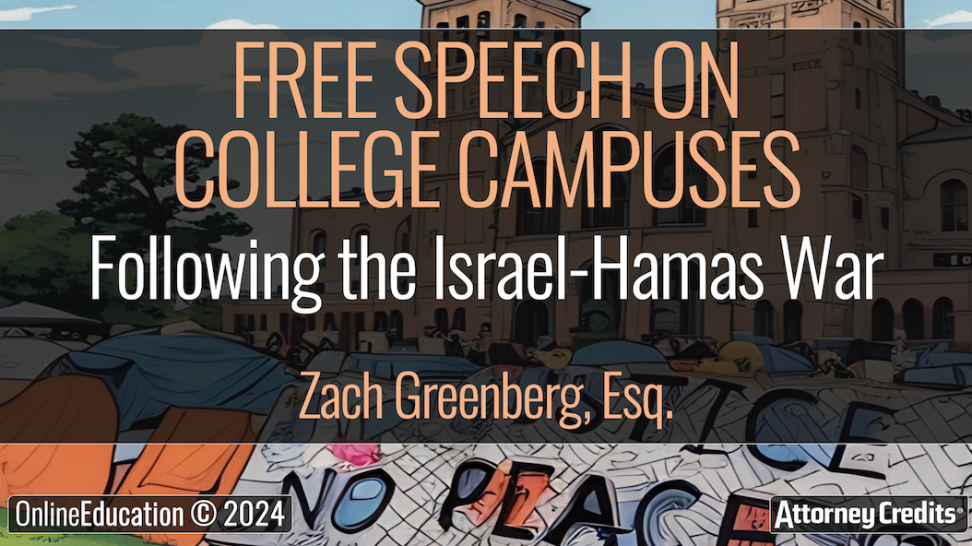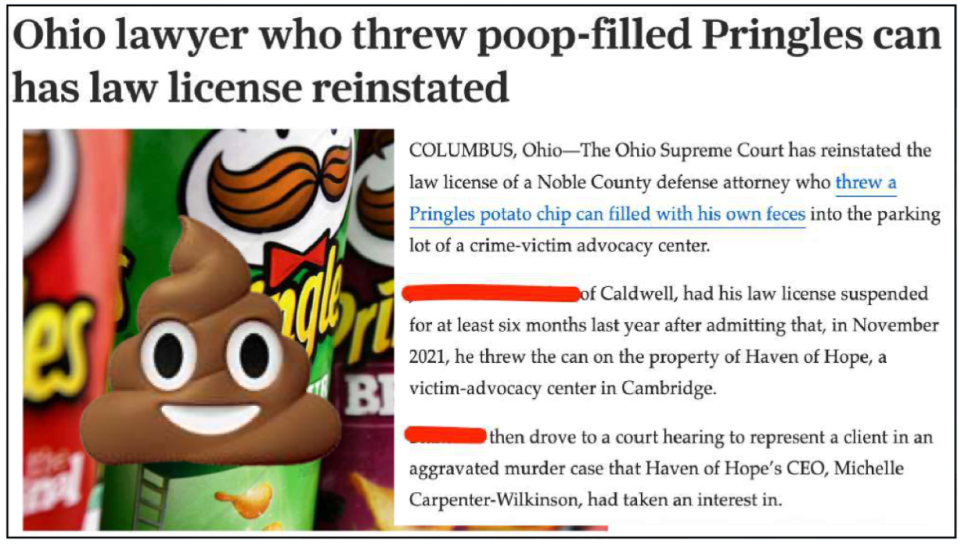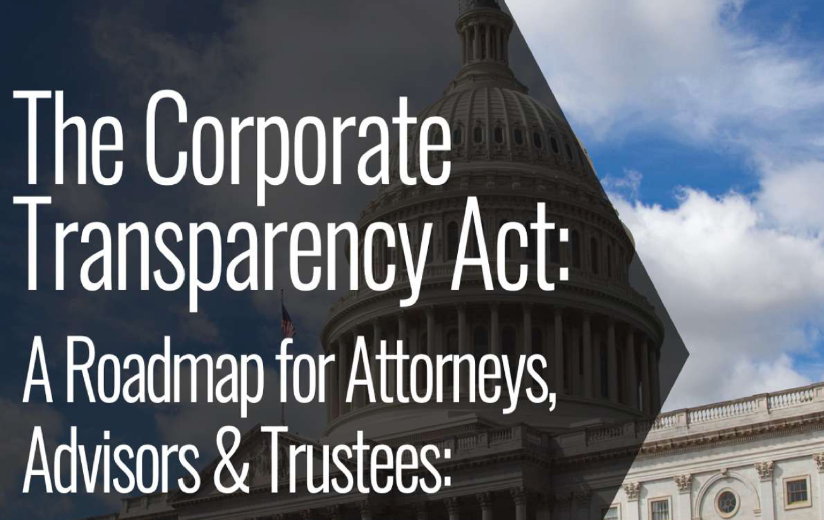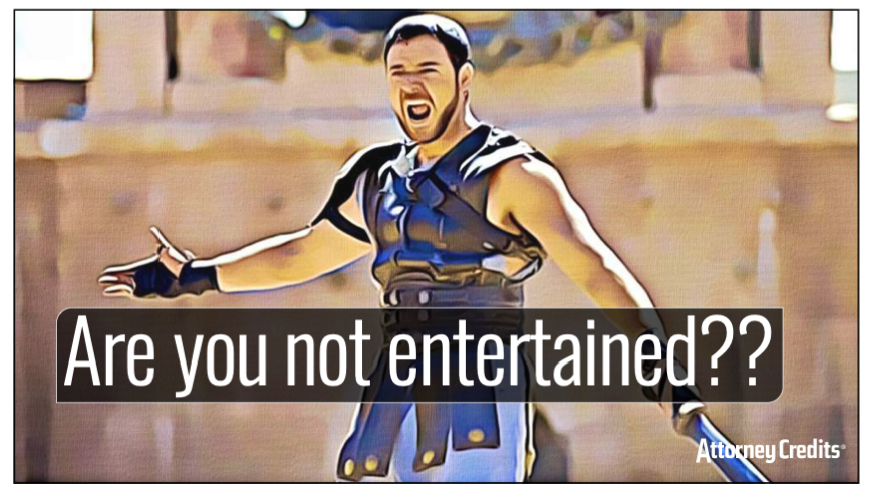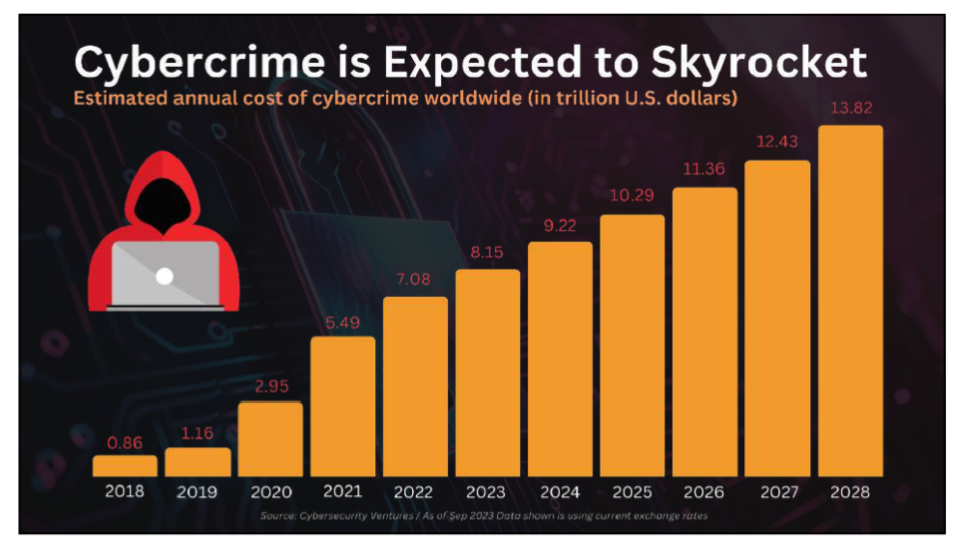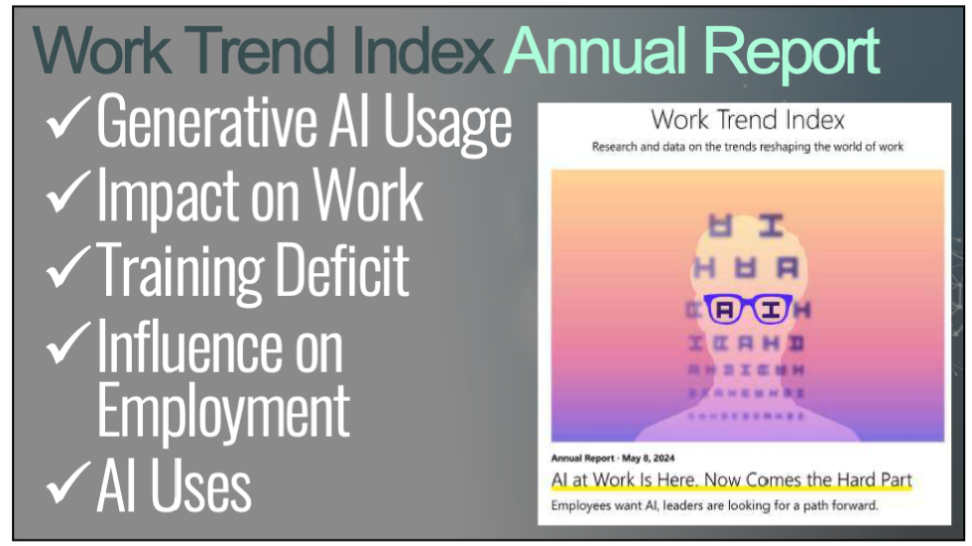In this CLE, Brett Scheiber will detail this new technology and discuss litigation that has ensued from accidents involving Tesla vehicles. Brett will mainly: demystify autopilot, describe how the tech works & how it fails, review Tesla’s claims regarding its autopilot and CAT (Collision Avoidance Technology) technology, show you how to collect the evidence for litigation and how to vet these & other CAT cases.

